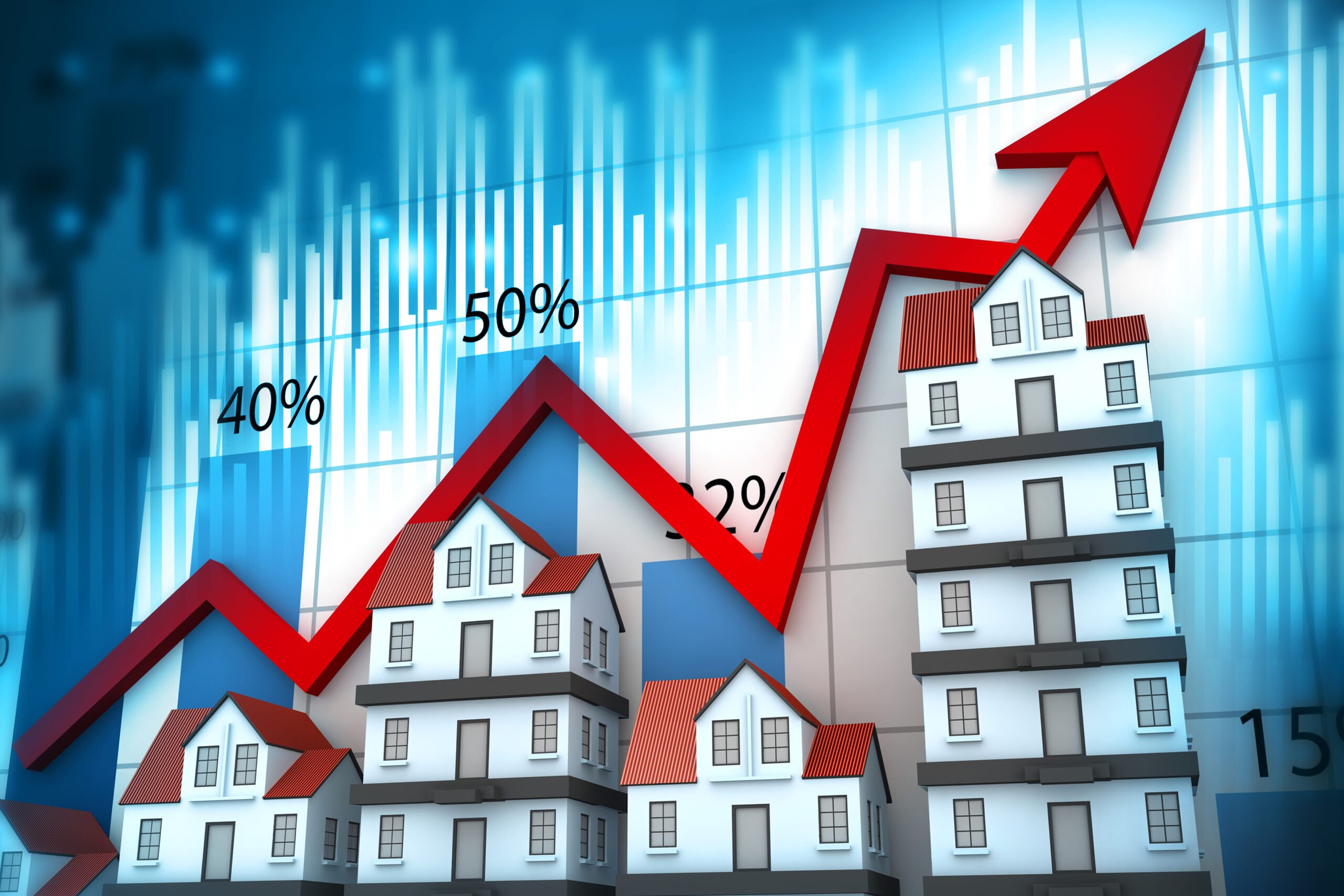Local governments are reassessing revenue impacts due to post-pandemic changes, with a significant focus on property taxes. Office real estate values have declined while home values have surged, raising housing affordability concerns. Property tax disparities are highlighted where long-time homeowners often pay less than recent buyers. Miami has the largest disparity, with new buyers paying almost three times more than those who bought similar homes 12 years ago.
In 30 out of 74 large U.S. cities, property tax caps shift the burden to recent homeowners. These caps, while stabilizing taxes for longer-term homeowners, can lead to unequal tax burdens and reduced housing market fluidity. Suggested policies to address this include adjusting tax rates as property values rise, implementing truth-in-taxation measures, or offering tax relief based on income levels.
Commercial real estate depreciation raises questions about shifting tax burdens to homeowners, but no direct evidence suggests cities are more reliant on residential taxes. However, data indicates some cities are protecting homeowners from excessive tax burden shifts.
Griggs Business Brokers, the best business brokers in Austin, Texas.
